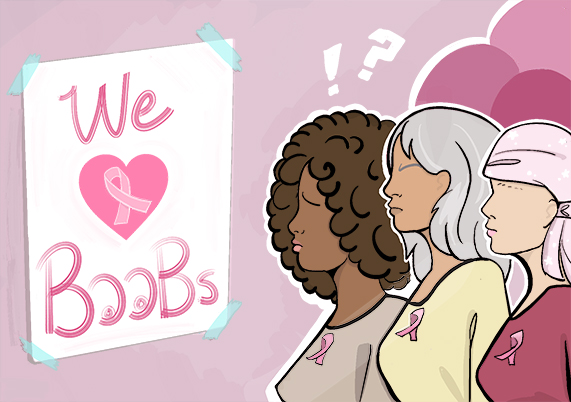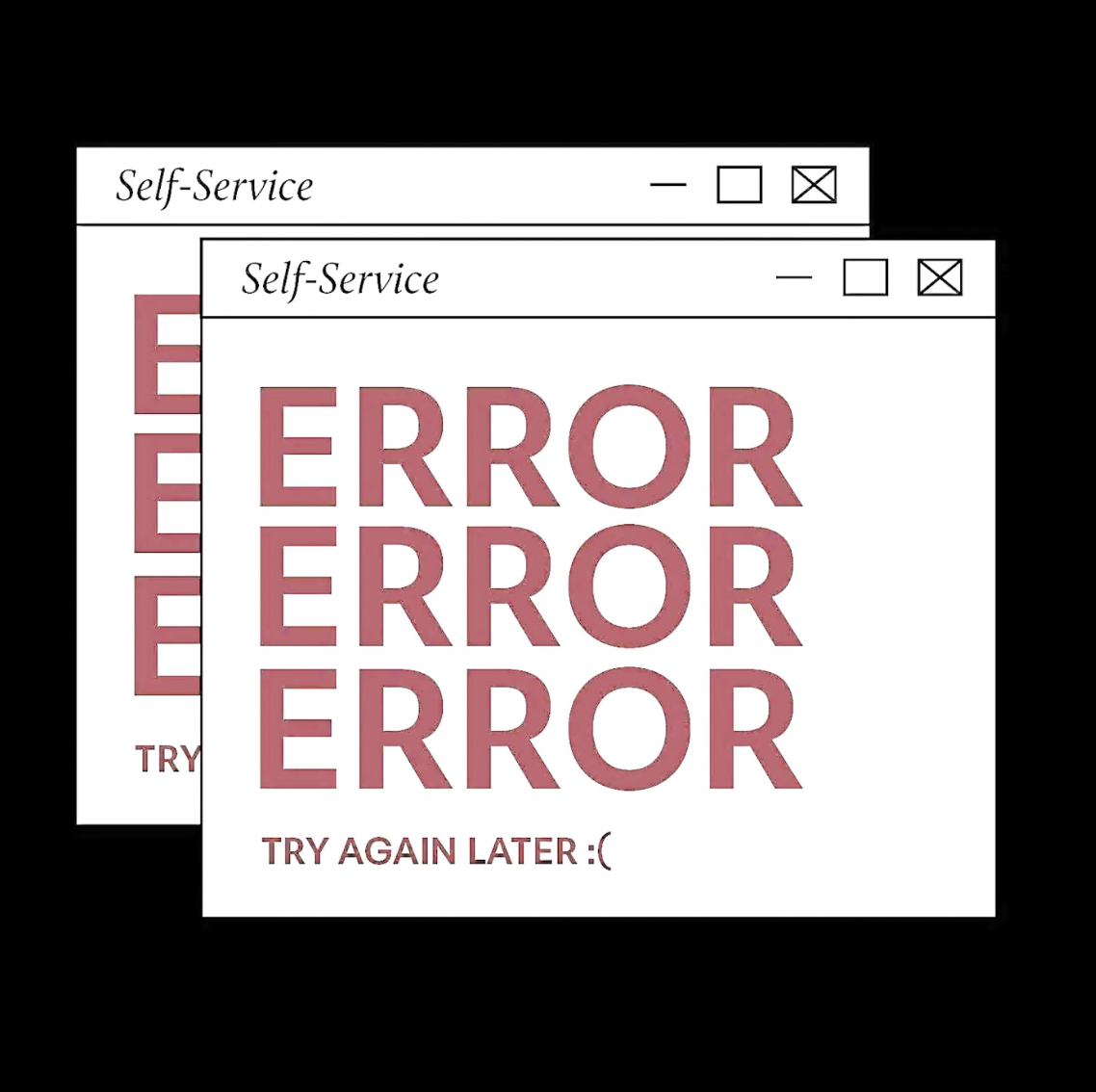In the midst of Breast Cancer Awareness Month, I believe it’s time for a review of our community’s history of “support” for the cause.
Normally in October, I feel joyful as I scroll through social media and see how many people are raising awareness for breast cancer research. It seems, however, for every positive breast cancer awareness post, there’s an equally distasteful post that seems to demean the message it’s trying to transmit. In one of these instances, I came across an Instagram post uploaded by the-sometimes-number-one college bar in America, according to USA Today.
A bar loved by most Tulane students, some Loyola New Orleans students, and feared by many: The Boot. The post was a group of boys in front of the bar promoting their yearly “Breast Cancer Awareness” t-shirt sale. The proceeds of which all go to The Breast Cancer Foundation. All of this sounds great at first until you read what the shirt says: “I Love Boobs.”
I don’t have breast cancer, but as a woman, this shirt enraged me. Not only is the slogan chosen for the shirt incredibly juvenile, but it completely disregards the actual purpose of the cause. Breast cancer awareness is not about the breasts; it’s about the people.
The problem with phrases such as “I Love Boobs” or “Save the Ta-tas” on merchandise meant to support breast cancer research is that it degrades the struggles, sufferings, and journeys of the people faced with this disease, specifically women. These demeaning phrases shift the focus of the cause from finding a cure for a deadly disease to ensuring that women don’t lose their sexual appeal to society. Shirts like these accommodate the cause for a misogynistic mindset that suggests women’s bodies should only be preserved to provide sexual pleasure to men. No longer in these instances is breast cancer awareness the main focus, but rather the male gaze sidelines it.
I believe that the message is supposed to be light-hearted, as an attempt to remove the shame of discussing the issue around breast cancer and its lack of research. However, “Each year in the United States, about 264,000 cases of breast cancer are diagnosed in women […] About 42,000 women […] in the U.S. die each year from breast cancer” according to the CDC. A disease that is widespread and fatal should not be dumbed down to a light-hearted slogan. Much less if the slogan reiterates the disgusting objectification of women, thus turning a humorous slogan into a disrespectful insult to those who struggle.
Furthermore, how should women with mastectomies interpret phrases such as these? Should they perceive them as support? Or as a persistent reminder that they have lost something that affords them an artificial sexual value in the eyes of the ill beauty standards of our society? Beyond being a disrespectful attempt at creating levity out of a serious issue, it is attempts like these that reinforce a feeling of exploitation, estrangement, and separation amongst women from their womanhood.
To those who might try to clap back at my opinion by suggesting that phrases such as “I Love Boobs” aren’t disrespectful or demeaning but rather a lighthearted attempt at creating something fun out of something so dire, answer this for me: Why isn’t there any merch for testicular cancer saying, “I love balls” or “I love testicles”? The reason is because “rugged” men who are SO secure in their self-image would immediately condemn such slogans on the basis of them being a disgusting sexualization of their intimate features. Meanwhile, women are forced to deal with the exploitative and objectifying manner in which a disease as serious as breast cancer is used as an opportunity to “make light” while simultaneously sexualizing the people that are directly hurt by the disease. All this to say that efforts to show ally-ship with breast cancer awareness through slogans like “I Love Boobs” ultimately betray the cause they claim to support.
By no means am I suggesting that people ignore breast cancer awareness. I do think it is important, however, that we shift the focus of awareness to the lives of these people instead of their bodies. It is vital that efforts to support the cause actually show how their disease is detrimental to them and aren’t just a ploy for distasteful efforts at exploiting, sexualizing, and commodifying women’s suffering.
So beware these disgusting displays of objectification while maintaining awareness for the fight against breast cancer as Breast Cancer Awareness month rolls along.



















